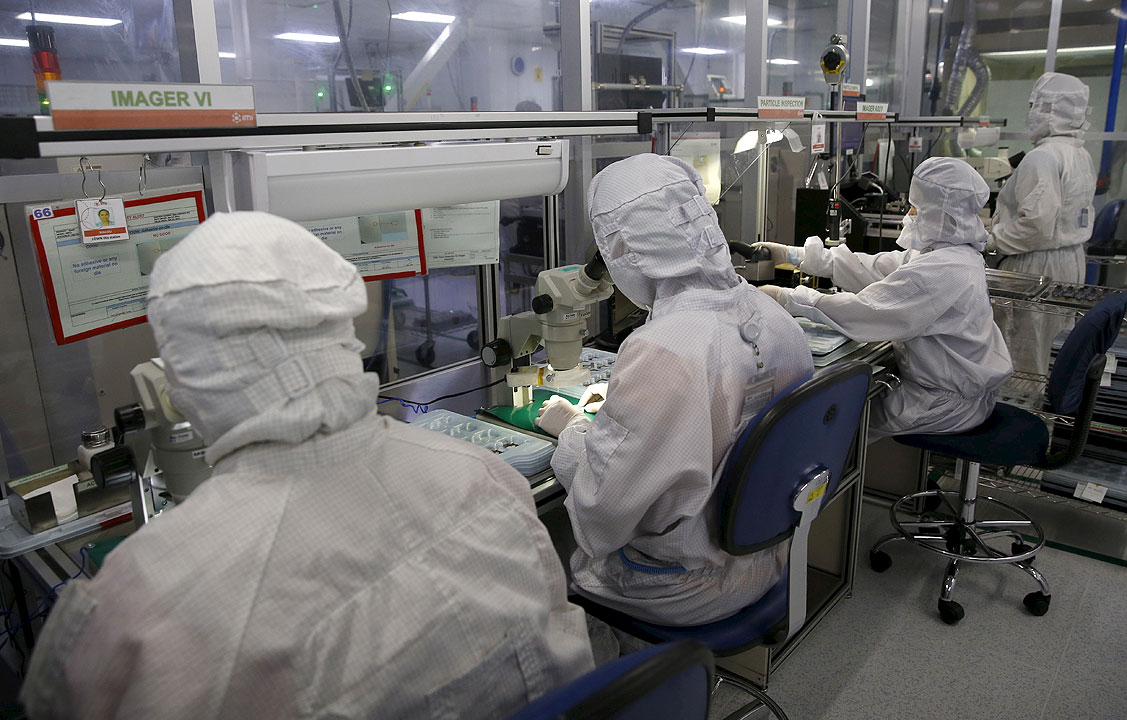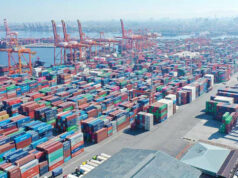
THE business environment for manufacturing needs to be made less “hostile” if the sector is to recover and maximize economic gains, an analyst said.
“We need to ramp up exports to balance our trade and to do that, a manufacturing resurgence is needed,” political and economic columnist Andrew J. Masigan said in a Stratbase ADR Institute webinar on Tuesday.
“There is no other way but to encourage investment in the manufacturing sector. Due to a poor regulatory, justice, and governance regime, the Philippines has ceased to become a hospitable country for manufacturing. It’s become easier and cheaper to import goods rather than manufacture them,” he added.
Stratbase ADR Institute President Victor Andres C. Manhit called for a shift to investment-led growth.
“We can sustain economic gains by being more focused on investment. Part of that is… to reinvigorate the manufacturing sector. With firms having their capacity going back to pre-pandemic levels, there is a need for investment to meet the growing demand of consumers,” he added.
A survey by Pulse Asia showed 90% support for favorable government policy towards manufacturing, citing its outsized impact on development.
“We have nearly a universal agreement that the government should provide support to the sector given the assumption that it hastens economic growth in the country,” Pulse Asia President Ronald D. Holmes said.
Some 61% of survey respondents backed more training opportunities for workers to upgrade their skills.
The survey found 50% support for additional incentives competitive with those offered in other countries, and 45% support for developing more economic zones.
“(This) mitigates the risks for those located in those zones. (Zones) also have the proper infrastructure to support manufacturing activities,” he added.
Mr. Masigan noted barriers to investment in manufacturing remain, such as poor infrastructure.
“Among the impediments that prevent investments coming in are expensive power costs, logistics costs, fragmented supply chains and slow broadband,” he said.
He also noted the rampant corruption in regulatory agencies, lack of transparency, and cumbersome business registration procedures.
Trade Undersecretary Rafaelita M. Aldaba advocated a strategy geared towards improving competitiveness via the adoption of technology.
“We can do this by adopting artificial intelligence (AI) to transform industries and increase the share of science and technology-intensive sectors to GDP,” she said.
“Another important pillar is upskilling and reskilling of the workforce. We need to build our capabilities in science, technology, and innovation and ensure that the skills and competencies needed for future production are met and skill mismatches are addressed,” she added.
She also noted the potential of providing incentives to manufacturing firms to bring their operations outside of the National Capital Region.
“It’s important for us to achieve our inclusive development goal that we be able to provide more jobs, investments and we want this to go to the regions.” — Luisa Maria Jacinta C. Jocson



